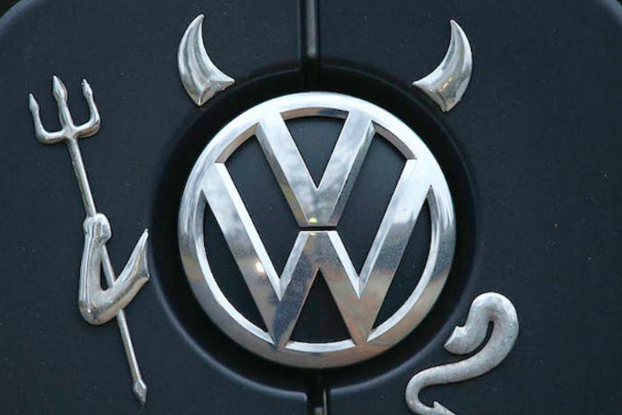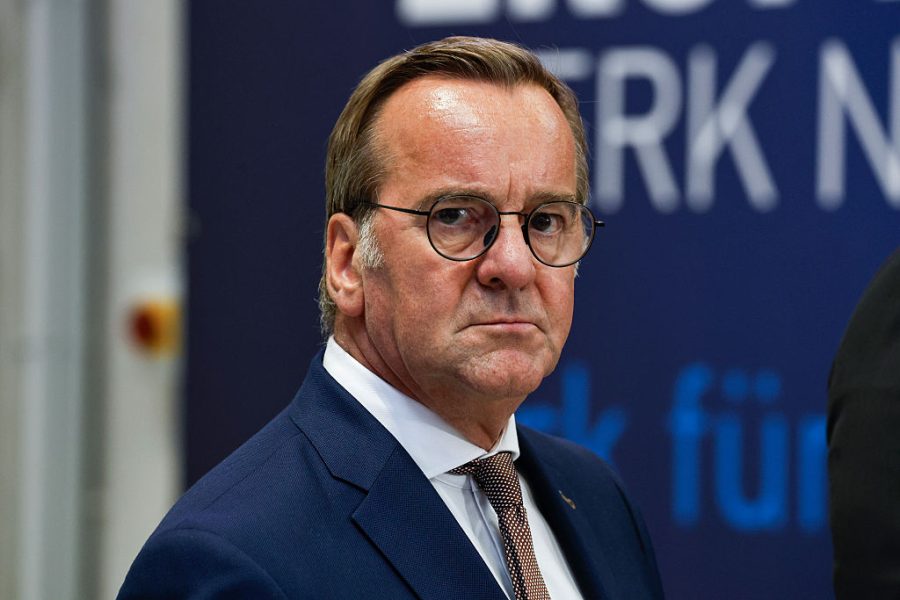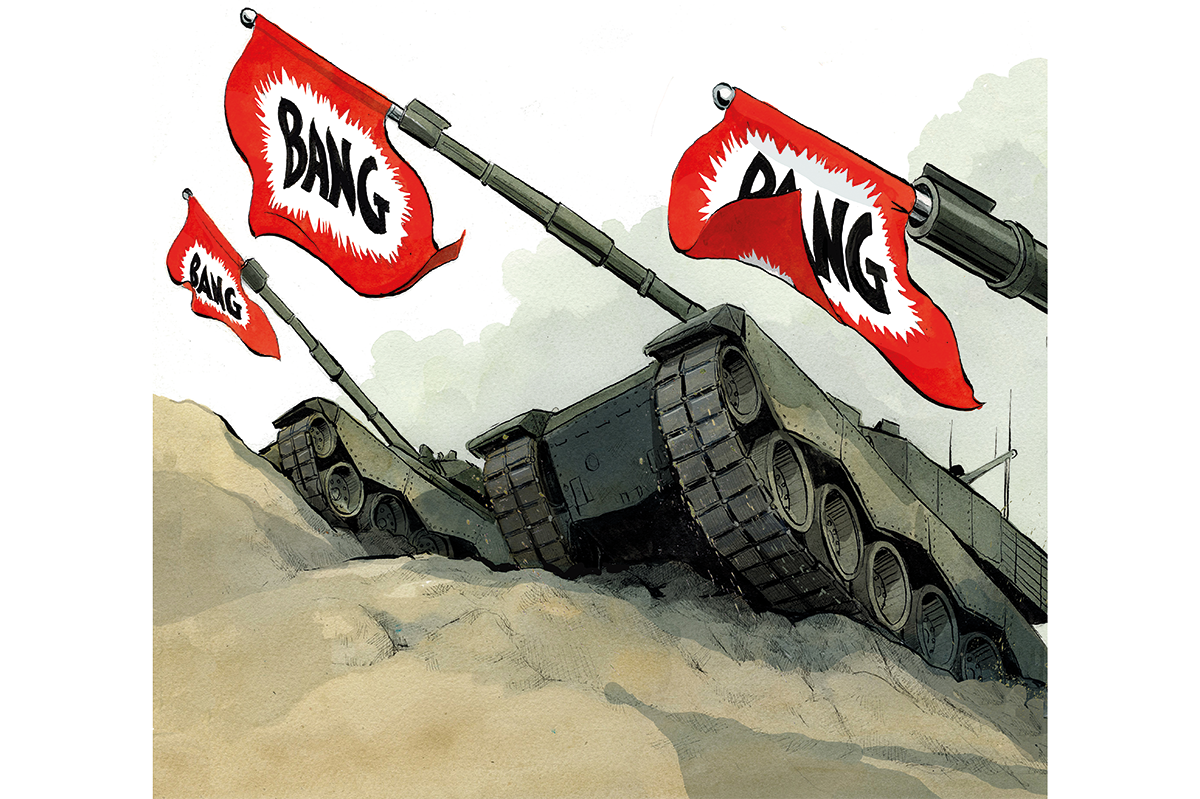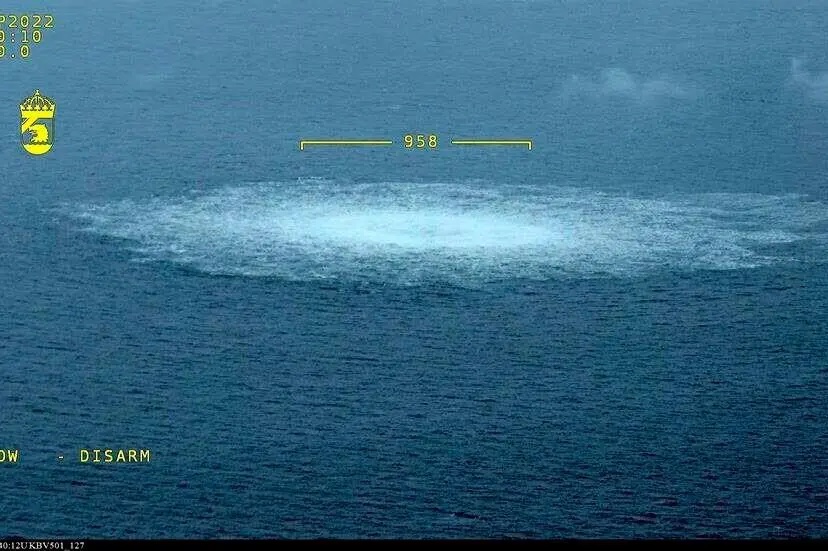Two billion? Five billion? Perhaps 10 billion to make it a nice round number? For colluding on diesel emissions you might think the European Union would hand out a pretty stiff fine to the big German auto-manufacturers. After all, it has hit American tech giants with huge penalties for far lesser transgressions.
Yet in the end, its response was predictable: the EU has largely let them off the hook. The reason? It turns out that protecting German auto manufacturers is what the Commission really cares about — and nothing else matters.
According to Margrethe Vestager, the EU’s anti-trust chief, German manufacturers ‘possessed the technology to reduce harmful emissions beyond what was legally required under EU emission standards’ but they chose not to. That comes on the back of the diesel emissions scandal, when VW systematically fixed its vehicles so they appeared to have lower emissions than they really did.
In this latest case, thousands of cars may have been sold that were far more polluting than they needed to be. Consumers have been harmed — and so, perhaps more importantly, has the environment. Our cities have significantly worse air quality than they would if the companies had acted differently.
Yet, oddly, the EU — as fierce as it likes to pretend to be on competition, climate change and regulating big business — doesn’t seem to think that matters much at all.
Today it delivered a fine of €875 million ($1.04 billion) on Volkswagen and BMW, while Daimler, the maker of Mercedes, was let off because it had revealed the cartel to the Commission.
For companies of this size, these sums are loose change. VW has a market value of €122 billion ($145 billion). BMW is worth €55 billion (€65 billion). Not surprisingly the two firm’s share prices have hardly moved. After all, the fines can be easily paid, will make little difference to their finances, and everyone can move on as if nothing has happened.
The comparison with the fines for the American tech companies is painful. Apple was fined an extraordinary €13 billion (€15.4 billion) for paying its taxes perfectly legally in Ireland (it later won an appeal against the ruling). Google has been fined €8.2 billion ($9.7 billion) in three different actions. While Amazon has been threatened with a fine of 10 percent of its turnover, or €15 billion (€17.8 billion), for supposedly restricting competition (even though Amazon, in particular, has arguably made markets more competitive than ever).
In truth, those cases were flimsy. By contrast, the charges against the German car manufacturers were far more serious than anything cooked up against the tech giants. Yet they were essentially let off with a slap on the wrist.
Of course, there is no mystery about why that is. The EU likes to pretend it is a rules-based organization, defending consumers, and protecting competition. But more often than not it protects a handful of European giants against everyone else.
Volkswagen and BMW deserved serious punishment. Instead, Brussels has let them off the hook.
This article was originally published on The Spectator’s UK website.

























